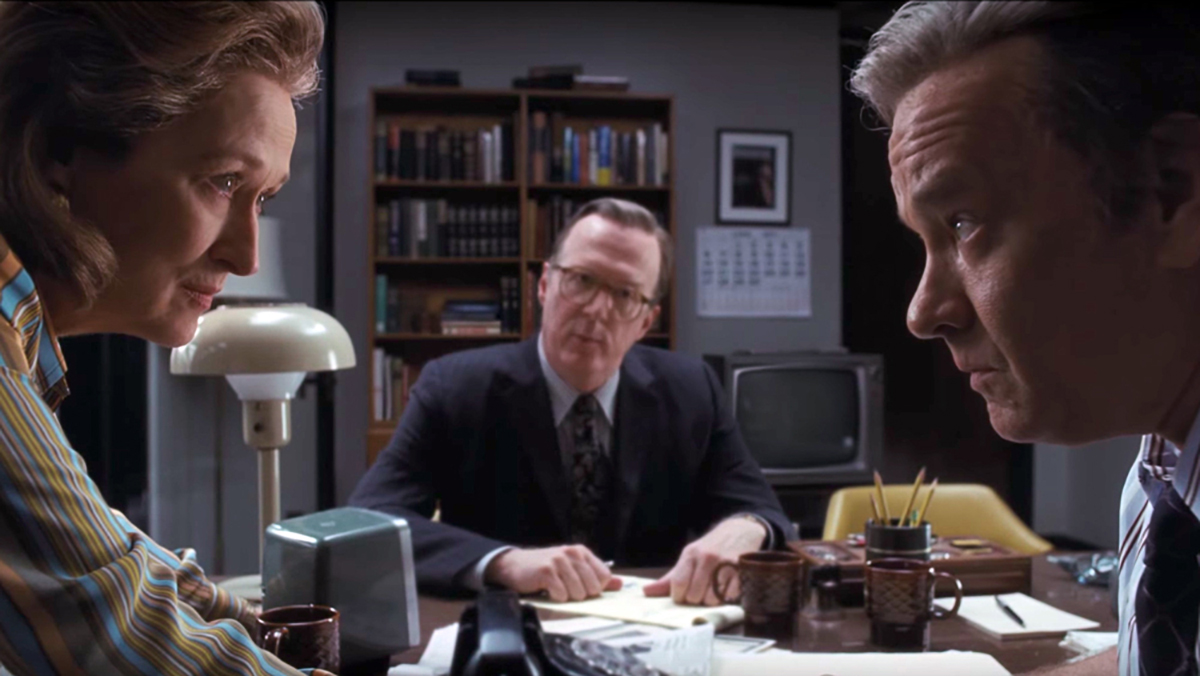
Constitution Day commemorated with showing of "The Post"
The department of communication and media and the Lamar University Chapter of the Society of Professional Journalists co-sponsored a screening of “The Post” to commemorate Constitution Day, Sept. 17. The movie tells the story of the publication of the Pentagon Papers.
“After our First Amendment Bootcamp, I thought it would be a good idea to do something with the university plans for Constitution Day, and we ended up being the university's main Constitution Day event,” Natalie Tindall, communication and media department chair, said.
Tindall said it was an obvious choice to show “The Post” on Constitution Day because it deals with the First Amendment.
“The 45 words of the First Amendment affect all of us because the rights to free speech, assembly, religion are named in it,” Tindall said. “People throw out those clauses and phrases, but really don't know what it means or who is allowed to restrict speech. To have informed discussions and debate, people should know the fundamental rights and prohibitions that are embedded in the Constitution.”
The Pentagon Papers were a secret government report on America’s involvement in the Vietnam War. The report was leaked to the newspaper by Daniel Ellsberg. The government filed a restraint against the New York Times publishing the report. When the Washington Post published and challenged the restraint, citing freedom of the press, the case went to the Supreme Court.
“I think (the movie) was a really interesting conversation about the First Amendment and how journalism plays a role in preserving it and interpreting it,” Claire Robertson, SPJ secretary, said. “I think history shows that our rights are interpreted differently based on historical context. (The Pentagon Papers) literally changed American history. I think it changed how the public perceives the military industrial complex and our lack of trust in it today.
“The characters made a decision that they could go to prison for and they chose to publish anyway. I thought it was really inspiring that they chose to uphold to this ideal above their own personal interests.”
Robertson said the issues addressed in the movie are important to everyone, as a free press is the foundation of a strong democracy.
“It wasn’t just journalists who were concerned about the Pentagon Papers, it was a national concern,” she said. “People were reading these for the first time and it changed the nation’s view on the Vietnam War. I guess, even if you’re not a journalist, you care about a story like this and preserving the First Amendment because it keeps power accountable to the people.”
Tindall said the people should know about the amendments, how they arose, how they have been used, and what exact rights they are entitled to.
“The constitution is for ‘We,’ the people of the United States,” she said.
The press is a powerful tool that is addressed in the Constitution.
As the character Meg Greenfield from “The Post” said, “The founding fathers gave the free press the protection it must have to fulfill its essential role in our democracy. The press was to serve the governed, not the governors.”
